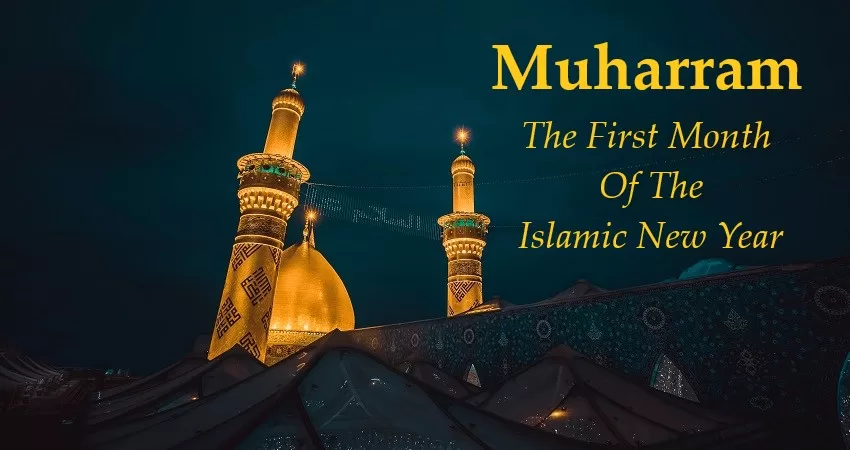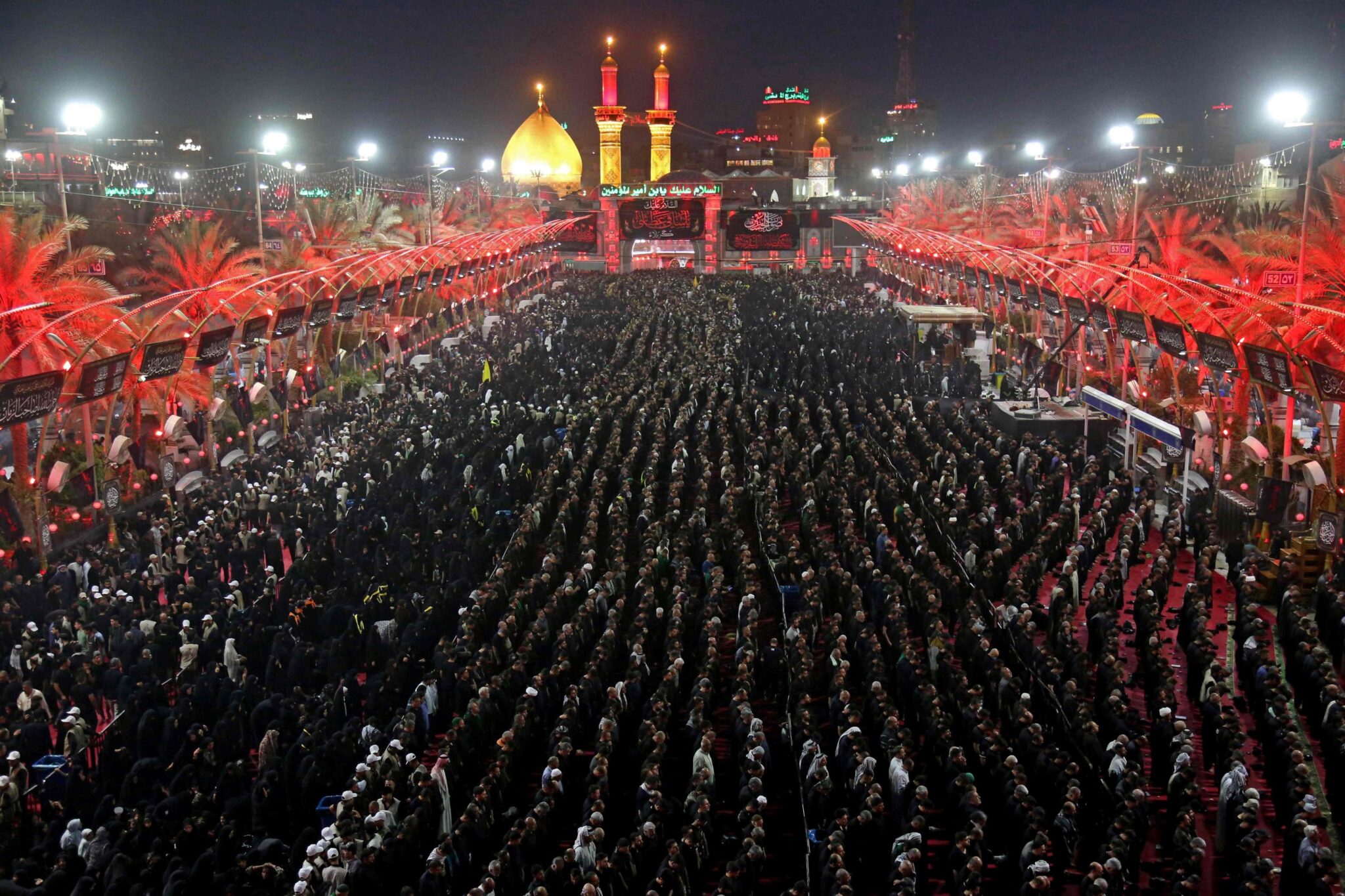Muharram, the first month of the Islamic lunar calendar, holds immense significance for millions of Muslims around the world. It is a month of reflection, mourning, and remembrance, marked by various rituals and observances. Muharram is especially significant for the Shia Muslim community, as it is a time to commemorate the martyrdom of Imam Hussein (R.A), the grandson of Prophet Muhammad (S.A.A.W).

When is 1st Muharram 2023 in Pakistan
Historical Context of Muharram
The origins of Muharram’s significance lie in the tragic events of the Battle of Karbala in 680 AD, where Imam Hussein (R.A) and his small band of followers faced a large army, loyal to the Umayyad Caliphate. Imam Hussein (R.A), known for his unwavering principles and commitment to justice, refused to pledge allegiance to the tyrannical ruler, Yazid. Despite knowing the odds were against him, Imam Hussein (R. A) chose to uphold his principles and sacrificed his life in defence of truth and justice.
Observances and Rituals
During the month, Shia Muslims observe a period of mourning to honour the memory of Imam Hussein (R.A) and his companions. The first ten days, known as the “Ashura,” are particularly significant. These days are marked by various rituals and acts of devotion.
Majlis
The Majlis, meaning gathering or assembly, is a central feature of Muharram observances. These gatherings bring the community together to remember the tragedy of Karbala, recite elegies, and listen to sermons that emphasize the values of sacrifice, bravery, and standing up against injustice. The Majlis serves as a means to educate and inspire individuals to uphold the principles embodied by Imam Hussein (R.A).
Mourning Processions: Mourning processions, known as “azadari,” are an integral part of Muharram. These processions involve participants walking through the streets while flagellating themselves gently with chains or beating their chests rhythmically to express grief and solidarity with the suffering of Imam Hussein (R.A). The processions are a solemn and emotional expression of devotion and serve as a reminder of the sacrifices made by the Imam and his companions.
Mourning
Muharram is also a time for reciting elegies, known as “Nohas” and “Marsiya,” that mourn the tragedy of Karbala. These poetic expressions of sorrow and lamentation evoke powerful emotions and reinforce the values of justice, courage, and faith in the face of adversity.
Fasting
Some individuals choose to fast on the day of Ashura, the 10th day of Muharram, to commemorate the liberation of the Israelites from Egypt, as well as to show solidarity with the suffering of Imam Hussein (R.A).
Significance and Lessons
Muharram carries profound symbolic and spiritual significance for Muslims worldwide. It serves as a reminder of the eternal struggle between right and wrong, justice and oppression, and the importance of standing up against tyranny. The martyrdom of Imam Hussein (R.A) and his companions epitomizes the principles of sacrifice, honour, and unwavering faith.
The remembrance of Muharram fosters a sense of unity and empathy within the community. It encourages individuals to reflect on their own lives, examining their commitment to justice, compassion, and the greater good. Muharram teaches Muslims to draw inspiration from the timeless lessons of Imam Hussein’s (R.A) sacrifice and apply them in their daily lives.
Importance of Compassion and Social Justice
Beyond its religious and historical significance, Muharram carries a universal message of compassion and social justice. The tragedy of Karbala exemplifies the struggle against oppression, highlighting the importance of standing up for the marginalized, upholding principles of equality, and combating injustice in all its forms. The values promoted during Muharram are not limited to any particular faith but resonate with people of all backgrounds, encouraging them to strive for a more just and equitable society.
Conclusion
Muharram stands as a testament to the indomitable spirit of sacrifice, courage, and unwavering faith in the face of adversity. It is a month of remembrance and reflection, providing an opportunity for Muslims to connect with their heritage, draw inspiration from the example of Imam Hussein (R.A), and recommit themselves to the pursuit of justice and compassion. As Muharram continues to be observed with reverence and devotion, it serves as a powerful reminder of the timeless values that transcend borders, fostering a sense of unity and shared humanity among diverse communities around the world.










